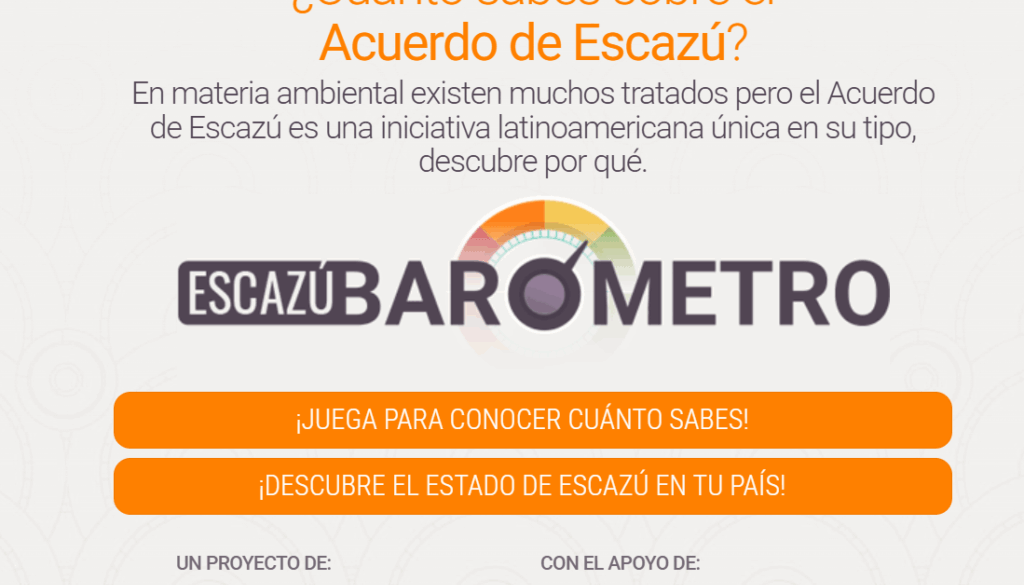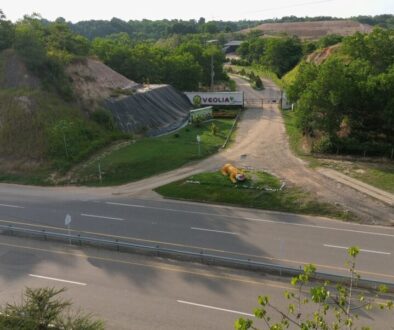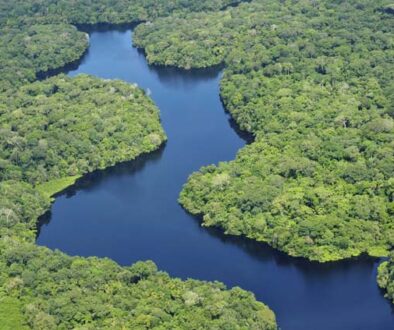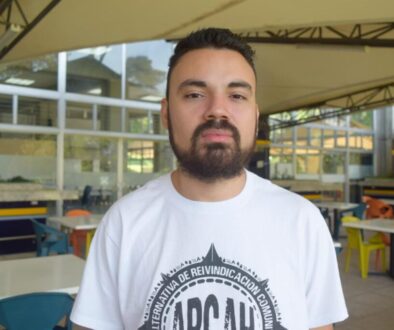EscazúBarómetro: Tracking the Pulse of Environmental Justice in Latin America and the Caribbean
Asuntos del Sur is proud to announce the relaunch of the EscazúBarómetro, a vital research initiative—supported by the Development Bank of Latin America (CAF)—dedicated to monitoring the progress of the Escazú Agreement across Latin America and the Caribbean. This unique platform offers a comprehensive overview of how countries in the region are advancing—or lagging—on their commitments to environmental democracy, transparency, and justice.
The Escazú Agreement, adopted in 2018 and entered into force in 2021, is the first environmental treaty in Latin America and the Caribbean and the only one in the world to include specific protections for environmental human rights defenders. This is particularly urgent given that Latin America and the Caribbean is the most dangerous region in the world for environmental defenders, who often face threats, criminalization, and violence for protecting their territories and ecosystems. In an era where the environmental crisis grows more urgent each day, this treaty represents a landmark effort to ensure that citizens have access to information, participate meaningfully in environmental decisions, and benefit from access to justice in environmental matters.
With the EscazúBarómetro, we aim to provide a dynamic and user-friendly space for researchers, policymakers, activists, and the general public to understand how each country is performing in implementing the agreement. The platform compiles and presents key data, in-depth analyses, and interactive visualizations that track everything from ratification status to national action plans, public participation mechanisms, and protections for environmental defenders.
By making data transparent and accessible, we hope to empower communities and decision-makers alike to push for deeper, more meaningful implementation of the Escazú Agreement. We invite you to explore the updated platform by clicking here, dive into the latest findings, and become part of the growing movement for environmental justice in Latin America and the Caribbean.





